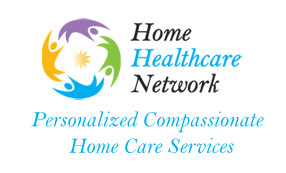On looking back, the thing that hurts most about an abusive relationship is realizing you aware of it but felt powerless to do anything.
Most abuse doesn’t start with a black eye or any tangible physical signs. Commonly it begins just like any other relationship. The abuse usually starts with subtle signs that seem harmless at the time; playful nagging or teasing supposedly done in jest, or attempts at controlling behaviour. At first it may seem that your caregiver or loved one is simply invested in the relationship, but this slowly spirals into their being in total control.
Slowly your partner, caregiver, relative, or the one using someone else, may begin to subtly blame you for things beyond your control or pick at your faults. This may devolve into verbal or physical abuse, and is often the description given by the abused elderly. The perpetrators are always someone they know, and often someone they care about.
Elder Abuse can take many forms from financial, psychological, spiritual, sexual, neglect and/or physical abuse. Some of the signs are subtle and hard to spot while others are easier to identify, if you know what to look for.
If you suspect abuse, whether it is happening to your friend, loved one, close caregiver or even if you suspect that you are the one being abusive, you must find immediate help.
Here are some warning signs to pay attention to and act on immediately.
If someone is telling you they are being abused, believe them… they probably are. If you notice an injury such as bruises, sprains, broken bones, scratches, particularly when the injury does not fit the explanation, pay attention to that. What about changes in behaviour? Are they depressed, withdrawn, or fearful when otherwise they wouldn’t have been? Maybe they are missing regular social activities; church, swimming sessions at the pool or that weekly bridge game. Have their living situations suddenly changed; new family members moving in such as relatives, friends or an acquaintance?
At the end of the day, it is very difficult to determine if abuse is actually taking place. Every situation is different and unique. A warning sign does not automatically mean abuse is occurring. The best thing you can do is asking questions, LISTEN, seek, and get advice from experts. Try to avoid judgment and be respectful to whom you suspect is being abused. And above all, trust your instincts.
Pamela Schutz, LPN for Home Healthcare Network


Leave A Comment